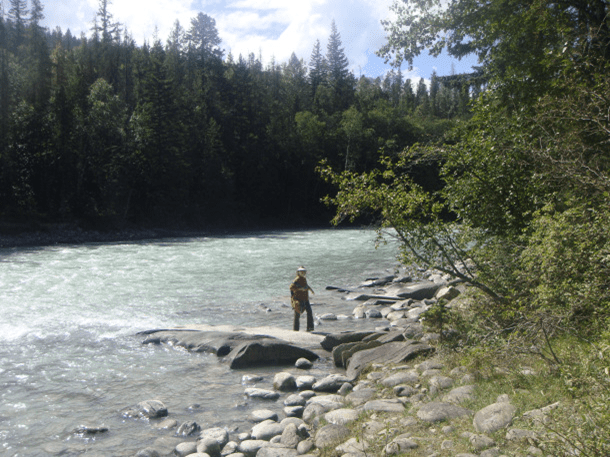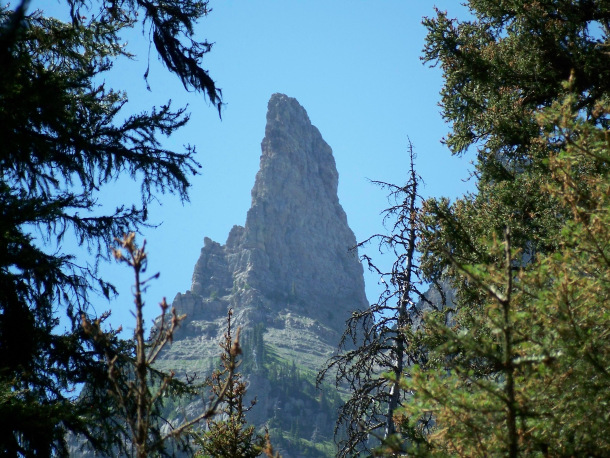I began to think about what I might post today and, as a good fortune would have it, Eddie’s post showed up and answered my question.
Eddie shares a lovely quote from Chief Seattle about humankind’s interconnectedness with the web of life. We have not woven the web, but a thread in it, binding and connecting us to one another and to the universe.
Hannah Arendt wrote about how our actions, including speech, transcend the time and space we currently inhabit. This is particularly the case for teachers. We are connected and bound to a future we cannot predict, that is far more complex and larger than the immediate environment we inhabit, which is incredibly complex and large.
A word spoken in haste to a student, a parent, a colleague has the potential to resonate in ways we cannot anticipate, regardless of profession or role in someone’s life. How we each treat our local environment has considerable impact on those downstream in terms of time and place. Cutting down old growth forests has more than an immediate impact. It resonates for generations. As humans, we have free will to act and speak in responsible ways. How we do these things has great meaning about who we each are as a human.
This video echoes Chief Seattle’s message of interconnectedness and how, in recognizing that point, we find our way to the peace train arriving from the darkness. Yussuf Islam (Cat Stevens) has received several awards for his work in the area of peace.








